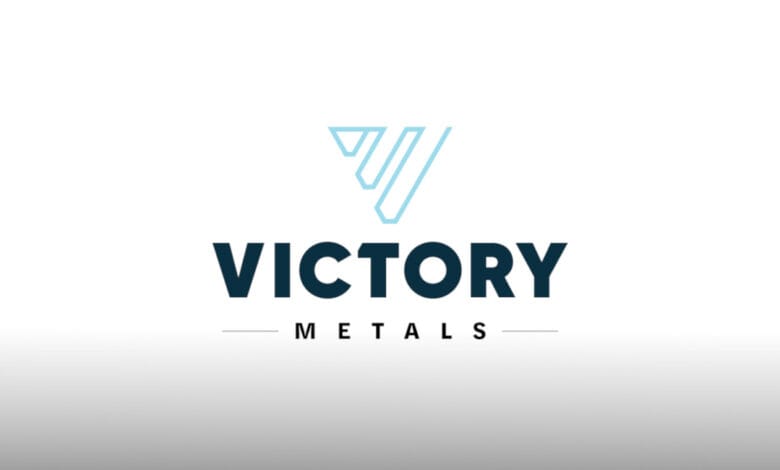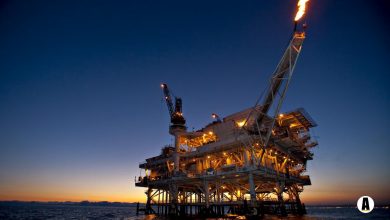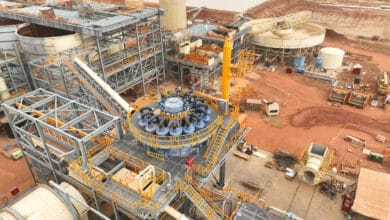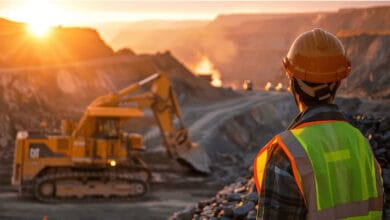
Victory Metals CEO Brendan Clark says President Trump’s move to impose 100% tariffs on Chinese imports and China’s own moves to significantly tighten controls over the export of its rare earths highlights the opportunity Australia has to provide the West with the materials critical to global technology and defence supply chains.
From 1st November 2025, the US will impose an additional 100% tarrif on imports from China, and on 1st December 2025, China will ban exports of its rare earths – specifically heavy rare earths – if they relate to military use. Mr Clark says that with heavy rare earths being essential for military applications, this creates significant risks to the national security of western nations.
“Australia has some of the most promising heavy rare earth projects in the world ,” Mr Clark said.
“We host significant ratios of these critical strategic defence metals that can help break China’s dominance on this sector. With these heavy rare earths being associated in clay material and mother nature doing all the hard work over billions of years, Australia’s clay deposits could be exploited in quicker time frames than the more costly hard rock projects.”
Under the new strict export restrictions, China will require both domestic and foreign companies to obtain special “dual-use” licences for items with potential military applications. Critically, exports linked to weapons of mass destruction, or to end-users on China’s “watchlists” or to military users will be rejected immediately.
Mr Clark said China’s domination of global rare-earth production created significant risks for western economies increasingly desperate to secure sustainable supply chains for the materials needed for the energy transition and in advanced defence applications.
He said the materials subject to the new controls include samarium, dysprosium, gadolinium, terbium, lutetium, scandium, and yttrium metals, along with samarium-cobalt, terbium-iron, dysprosium–iron and terbium-dysprosium-iron alloys, as well as dysprosium oxide and terbium oxide, of which Australia has an abundance.
“The West will continue to be at the whim of China’s dominance of the world’s supply of these materials, and are therefore seeking to diversify sourcing and processing capacity for the rare earth elements they need for applications such as semiconductors, electric vehicles, magnets, and advanced defence systems,” Mr Clark said.
“With Europe, the United States and Japan all looking for sustainable long-term partnerships, this is a golden opportunity for Australia.”
Perth-based Victory Metals is Australia’s leading heavy rare earths (HRE) and critical minerals explorer, developing one of the world’s most strategically important high-grade deposits of the materials essential to the global energy transition. Victory’s are the most advanced clay hosted lowest capex heavy rare project.
Mr Clark said Victory’s North Stanmore project in Western Australia recently reported the highest grades at scale of dysprosium found in the Australia for a clay project.
“We are one of the most advanced clay-hosted lowest capex heavy rare projects in Australia. HREs are in extraordinary global demand for various applications, from defence manufacturing, energy storage, wind turbines and advanced aerospace, to electric vehicles, and next generation computing.
“Australia can be the global leader in the supply of these irreplaceable heavy rare earths, and with the world shifting away from an over-reliance on China and Russia, we can position Australia as a safe, secure, sustainable and reliable supply partner and pave the way to not only supply the materials the world is demanding but also create a multi-billion-dollar industry for Australia.”









